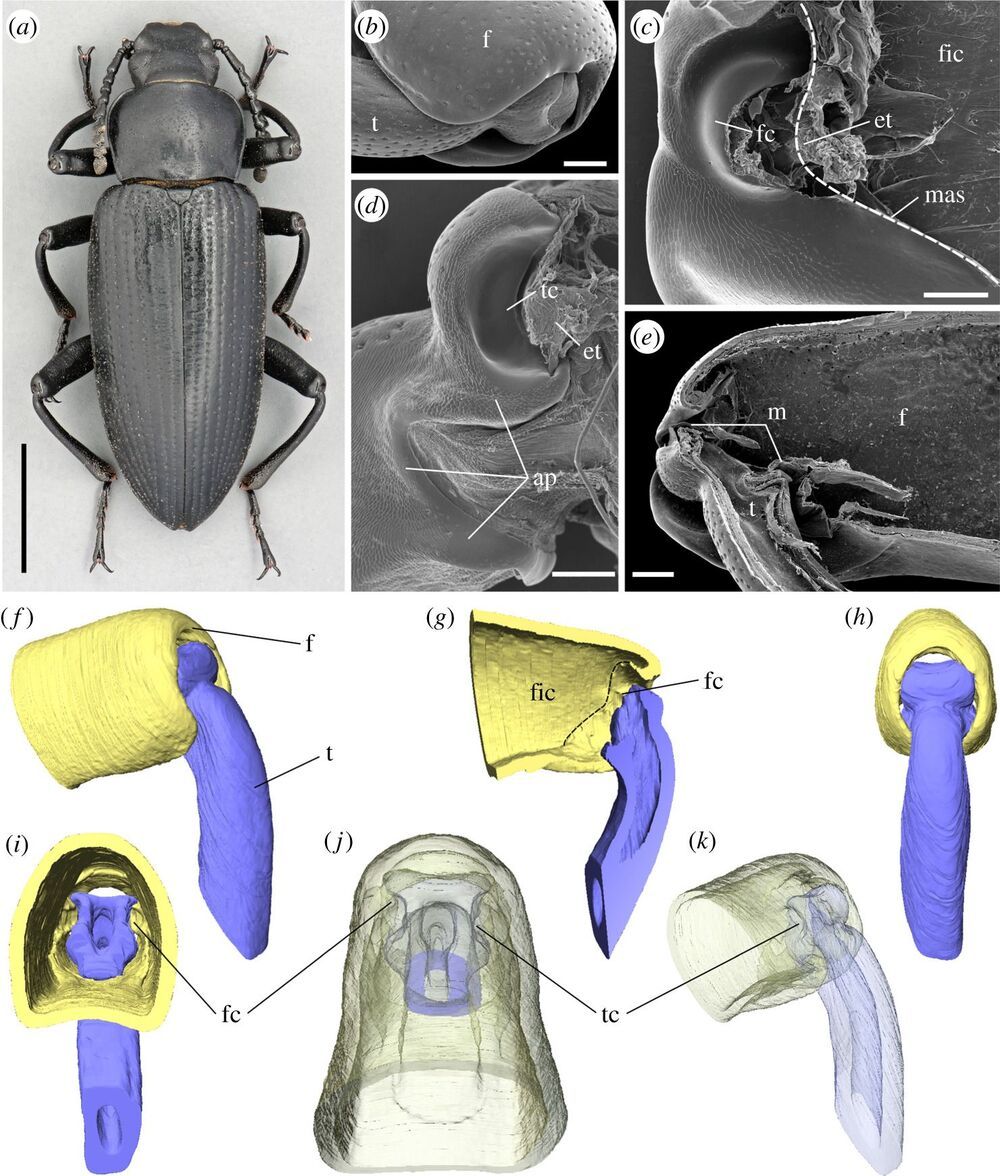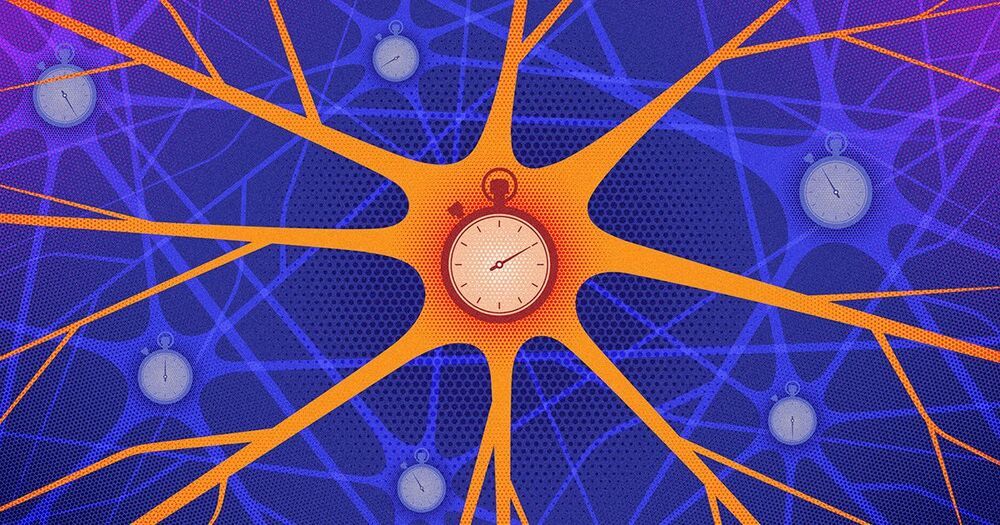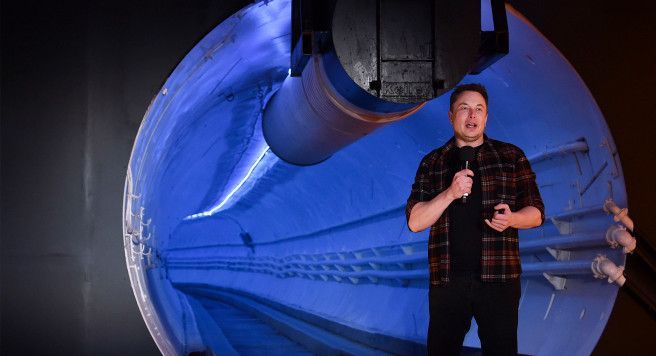They seed here regularly.
Idaho Power uses cloud seeding for hydroelectric projects. However, the process also benefits irrigators, winter recreationists, river users, and fish and wildlife.
They seed here regularly.
Idaho Power uses cloud seeding for hydroelectric projects. However, the process also benefits irrigators, winter recreationists, river users, and fish and wildlife.
Paper referenced in the video:
Can human aging be postponed?
https://pubmed.ncbi.nlm.nih.gov/10614072/
Dr. Rose’s website: https://55theses.org/

Is beetlejuice stronger than teflon?
A protein-based lubricating substance is discovered in the femoro-tibial joint of the darkling beetle Zophobas morio (Insecta). The substance extrudes to the contacting areas within the joint and appears in a form of filiform flows and short cylindrical fragments. The extruded lubricating substance effectively reduces the coefficient of sliding friction to the value of 0.13 in the tribosystem glass/lubricant/glass. This value is significa… See More.


Cyber incidents are an ongoing and substantial threat. Find out how The National Guard is working to deter, disrupt and defeat malicious cyber activity.
ARLINGTON, Va. – The National Guard plays a critical role in defending computer networks and mitigating cyber-attacks that occur almost daily, said Guard senior leaders during a roundtable discussion Tuesday.
“Cyber incidents are an ongoing and substantial threat,” said Army Gen. Daniel Hokanson, chief of the National Guard Bureau. “In 2021 alone, America’s power plants, food supply, water supply, health care, law enforcement, and defense sectors have all come under attack.”
That’s why upcoming exercises like Cyber Shield 2021 – which helps prepare “Guard cyber warriors to deter, disrupt and defeat malicious cyber activity” – are important, he said. Adding the Guard plays a key role in the Department of Defense’s cyber enterprise while partnering with outside agencies.
SpaceX’s Starship is set for a powerful upgrade. Here’s what you need to know.

Elon Musk is boring his way to the beach in Fort Lauderdale.
Local lawmakers accepted a proposal from Musk’s Boring Co. Tuesday to build an underground transit system that would whisk people from the Florida city’s downtown area to the beach in Teslas.
“Other firms have 45 days to submit competing proposals. This could be a truly innovative way to reduce traffic congestion,” Mayor Dean Trantalis wrote on Twitter.

Eviation, which has been described as the “Tesla of aircraft” for working on the first compelling long-range electric aircraft, has unveiled the production version of its Alice aircraft.
It has a shorter range than previously announced.
After Eviation unveiled the prototype of its Alice aircraft back in 2017, the company attracted a lot of attention and comparison with Tesla because the aircraft was amongst the first all-electric plane that was viable for actual commercial use.
The big picture: Japan’s share of global semiconductor sales has gone from 50 percent in 1988 to less than 10 percent today. The country has more chip factories than any other country — 84 to be exact — but only a few of them use advanced sub-10nm process nodes. This is why the country is scrambling to reignite its semiconductor industry, even if it comes at an incredibly high cost over the next decade.
The ongoing chip shortage has affected everything from LCD displays to graphics cards, game consoles, TVs, and even automakers. For consumers, this has created a hostile buying environment in some instances, while some governments have become acutely aware of the fragility of the global tech supply chain.
In the US, the Biden administration is trying to fix the situation by committing $52 billion towards boosting the local semiconductor industry, heeding the call of the Silicon Industry Association but at the same time falling short of the $100 billion that China is pouring into government subsidies for semiconductor companies.
